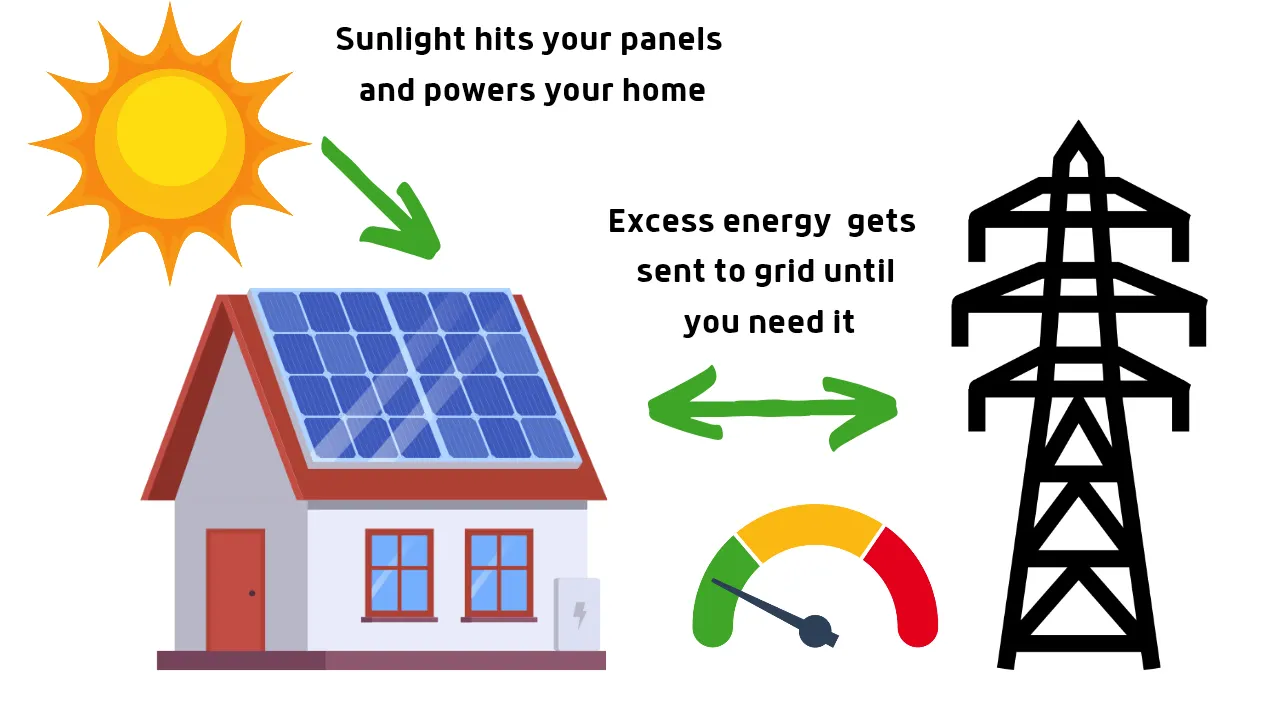Virginia's Net Metering Program Explained
Tired of that ever-growing utility bill?
LOCK IN A LOWER RATE FOR ELECTRICTY TODAY:
OUR SYSTEMS SAVE YOU MONEY OR WE DON'T INSTALL...
GO SOLAR

James Jernigan - Solar Energy Consultant
I don't sell solar. Solar sells itself.
My job is to help interested homeowners get qualified, design the most efficient system possible, and save local families tens of thousands of dollars on their electricity bills.
DID YOU KNOW
The New Net Metering Program Is Now Available To Virginia Homeowners!

When a Virginia homeowner installs solar panels, the Virginia net metering program allows them to offset their electricity costs. Here's a simplified explanation:
- Solar Power Generation: Your solar panels generate electricity during the day.
- Home Usage: This electricity first powers your home's appliances and electronics.
- Excess Power: If your solar panels produce more electricity than your home is using, the excess power is sent back to the electric grid.
- Net Metering Credits: Your electric meter runs backward, and you earn credits for the excess electricity you send to the grid.
- Monthly Billing: At the end of the billing cycle, the utility company compares the electricity you used from the grid with the credits you earned for the electricity you sent back.
- Net Usage: If you used more electricity than you produced, you pay for the difference. If you produced more, you may carry over those credits to the next month to offset future usage.
- Reduced Electricity Bills: Ultimately, net metering allows you to significantly reduce, or even eliminate, your electricity bills by using the credits earned from your solar production.
Essentially, the Virginia net metering program lets you use the grid as a "battery," storing your excess solar energy for later use.
LEARN MORE
